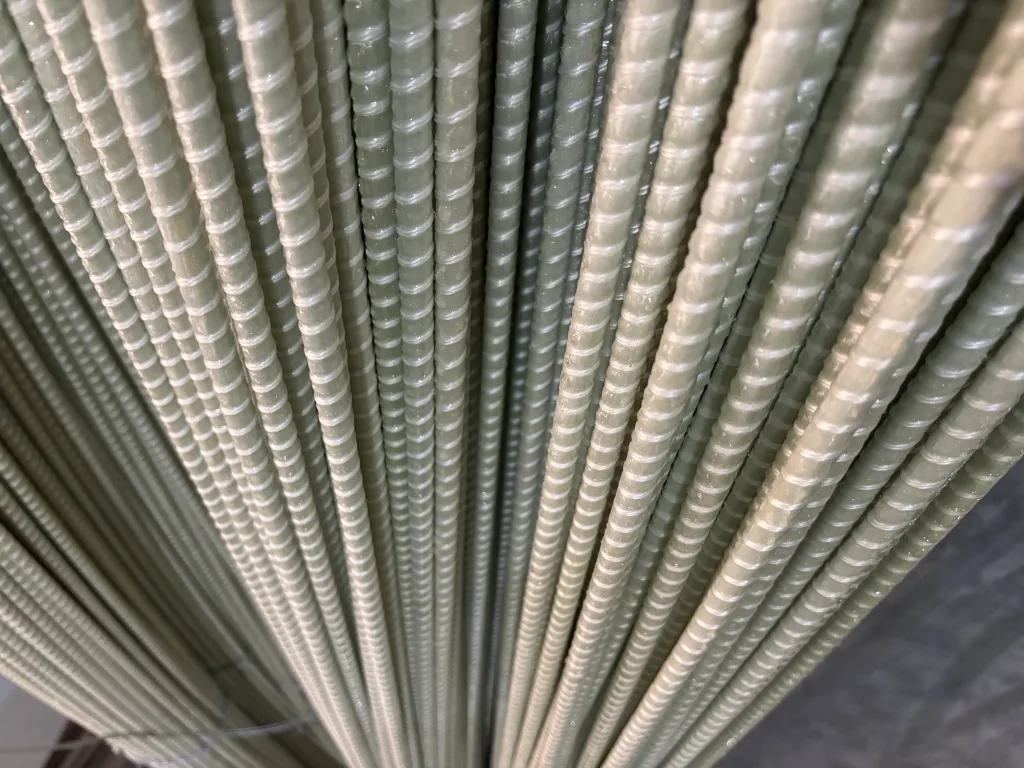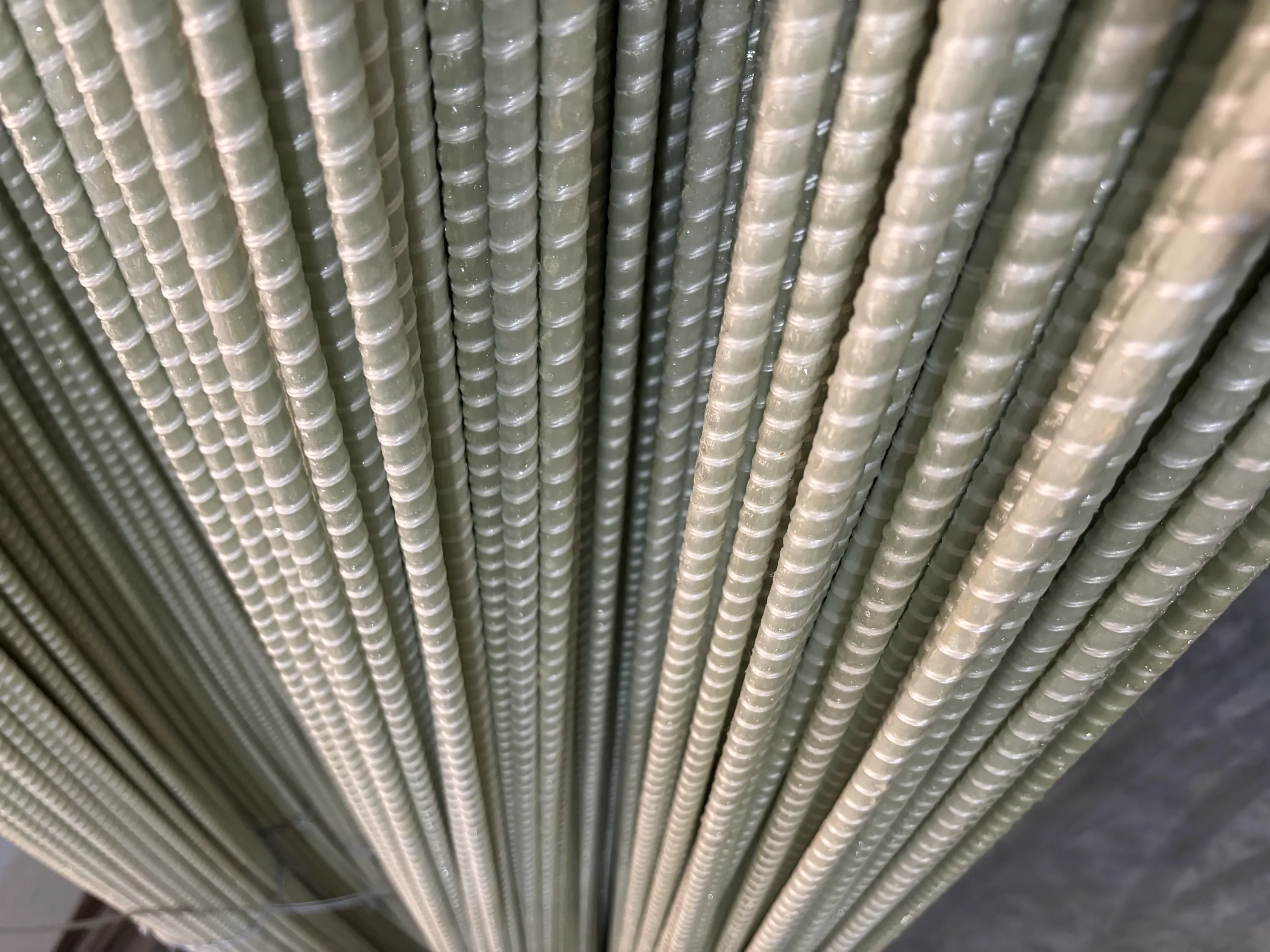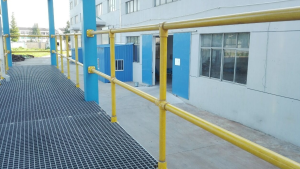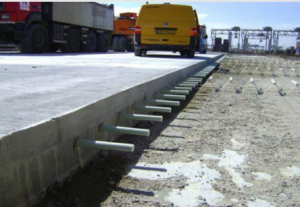+8613776545860

5 Key Benefits of Fiberglass Rebar in Construction Projects
In the ever-evolving field of construction, materials that offer superior performance, durability, and cost-efficiency are always in demand. One such material that has been gaining traction in recent years is fiberglass rebar. Known for its remarkable properties, fiberglass rebar is becoming a popular choice among engineers and builders. Here are five key benefits of using fiberglass rebar in construction projects:
1. Corrosion Resistance
One of the most significant advantages of fiberglass rebar is its resistance to corrosion. Unlike traditional steel rebar, which can rust and deteriorate over time when exposed to moisture and chemicals, fiberglass rebar is impervious to these elements. This makes it an ideal choice for structures exposed to harsh environmental conditions, such as marine constructions, bridges, highways, and chemical plants. The enhanced durability translates to longer-lasting structures and reduced maintenance costs.
2. High Strength-to-Weight Ratio
Fiberglass rebar boasts an impressive strength-to-weight ratio. It is much lighter than steel, yet it offers comparable, if not superior, tensile strength. This characteristic makes it easier to handle and install, reducing labor costs and time on-site. Additionally, the lighter weight helps decrease the overall load on the structure, which can be particularly beneficial in high-rise buildings and large-scale projects.
3. Thermal and Electrical Insulation
Fiberglass rebar is an excellent insulator against both heat and electricity. This property is particularly advantageous in applications where thermal conductivity and electrical conductivity pose significant challenges. For instance, in electrical substations or MRI rooms in hospitals, using fiberglass rebar can prevent electromagnetic interference and ensure the integrity of the structure without compromising on safety.
4. Non-Magnetic Properties
The non-magnetic nature of fiberglass rebar is another key benefit. In projects where magnetic interference could be problematic, such as in the construction of medical facilities or certain industrial environments, fiberglass rebar offers a reliable solution. Its non-magnetic properties ensure that the structural integrity of sensitive equipment and processes is not compromised, making it a preferred material for such specialized applications.
5. Cost-Effectiveness Over the Long Term
While the initial cost of fiberglass rebar may be higher than that of traditional steel rebar, the long-term savings are substantial. The durability and low maintenance requirements of fiberglass rebar mean fewer repairs and replacements over the lifespan of the structure. Moreover, the reduced weight leads to lower transportation and handling costs. When considering the total lifecycle cost, fiberglass rebar often proves to be a more economical choice, providing significant savings over the project’s duration.
Conclusion
Fiberglass rebar is revolutionizing the construction industry with its array of benefits. From its exceptional corrosion resistance and high strength-to-weight ratio to its thermal and electrical insulation properties, non-magnetic nature, and long-term cost-effectiveness, fiberglass rebar stands out as a superior alternative to traditional steel rebar. As the construction industry continues to advance, incorporating innovative materials like fiberglass rebar will be key to building more durable, efficient, and sustainable structures.
If you’re looking to enhance the performance and longevity of your construction projects, consider integrating fiberglass rebar. Contact us today to learn more about how fiberglass rebar can benefit your next project!





 Get Free Quote Now! Don’t Hesitate!
Get Free Quote Now! Don’t Hesitate!